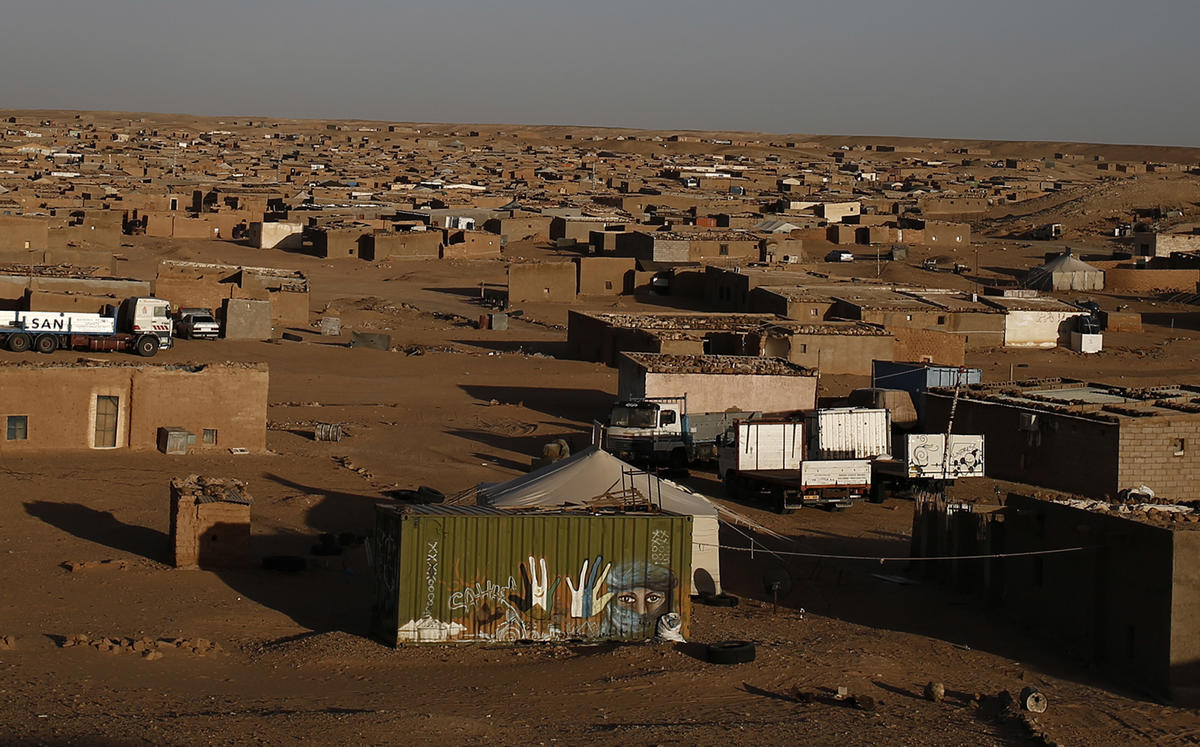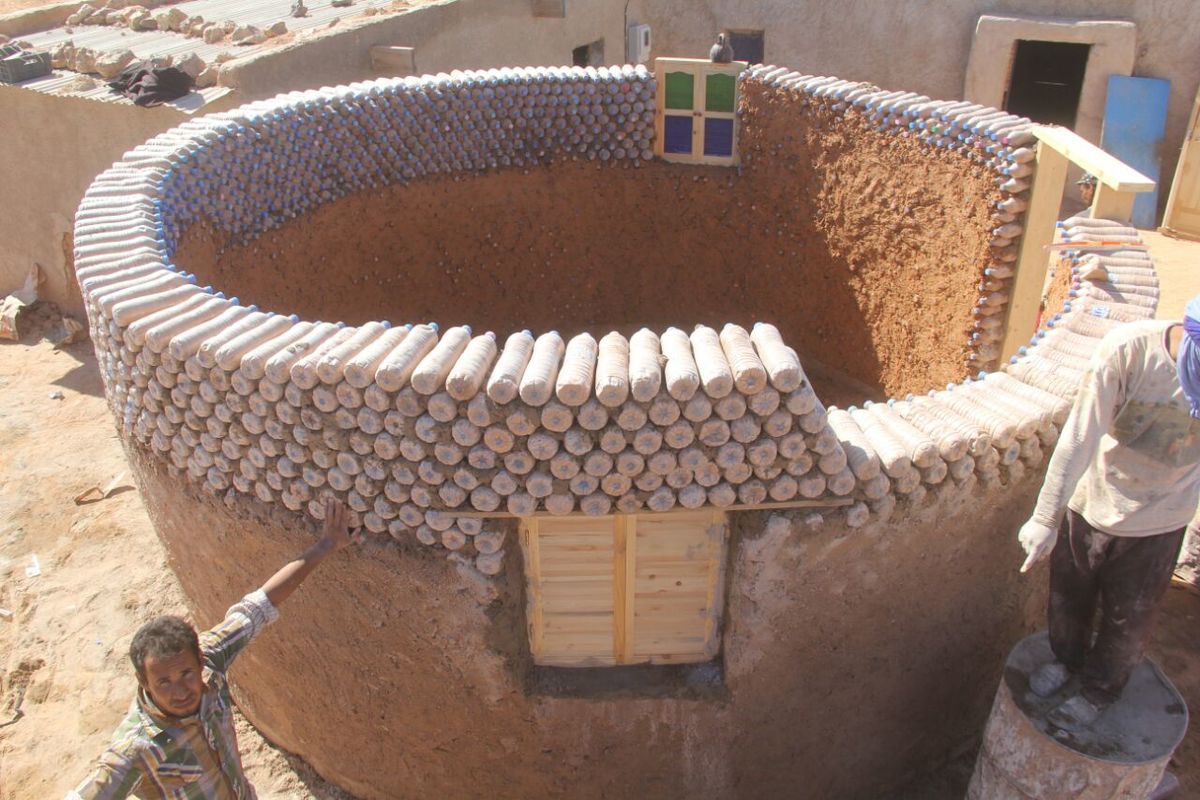Western Sahara: preparations for family visits
Western Sahara: preparations for family visits
We are making preparations to start in the coming weeks some long-planned family visits between residents of the five Western Saharan refugee camps around the western Algerian town of Tindouf and their relatives in the Territory. This follows a go-ahead for the project from Morocco, Algeria, and the Saharan (Polisario) movement.
Should everything proceed as planned, we expect the first family visit flight to take place in early March. It will mark the first time that the some 20 initial participants each from the camps and the Territory will have face-to-face contact with relatives since the outbreak of war that accompanied Spain's withdrawal from the area in the mid-1970s.
A senior UNHCR staff member left earlier this week for Tindouf to make arrangements for the registration of participants from the camps. Similar arrangements are underway in Laayoune so that families can fly directly to Tindouf to visit relatives in the camps.
Using a UN-chartered Antonov aircraft from MINURSO (the UN Mission for the Referendum in Western Sahara), participating refugees will fly to the Territory, while families from Laayoune will visit relatives in the camps. The air shuttle will take place on a regular basis, carrying four to five families in each direction.
This is the latest of the confidence-building measures designed to bring greater normalcy to the lives of the 165,000 refugees living in the camps.
Just a month ago, we inaugurated the first telephone lines linking people in the Territory with the refugee camps. More than 50 calls were made in the first two days - 80 percent of them by women. The phone service was opened following a series of meetings late last year between the Special Representative of the Secretary-General, Alvaro de Soto, senior UNHCR staff and representatives of the Algerian and Moroccan governments as well as the Polisario. We plan to gradually extend the telephone connection to other camps in the Tindouf region.
UNHCR is also negotiating the start of a mail service. We believe that for this service to work as a confidence-building measure, we would need assurances on the confidentiality of the mail and the neutrality of the operating service.







